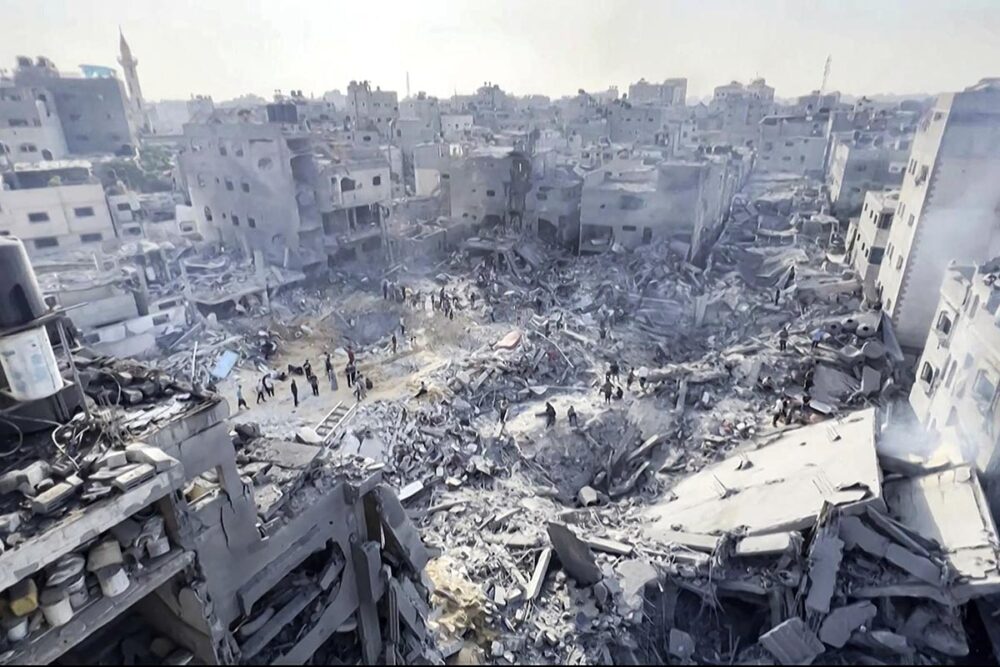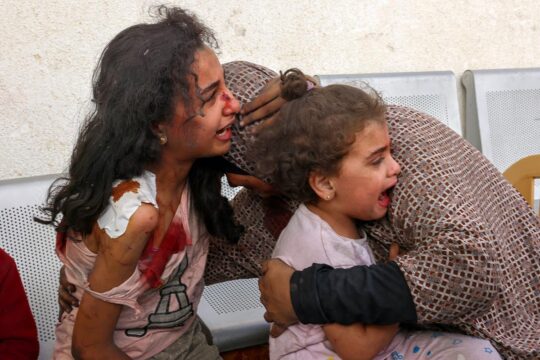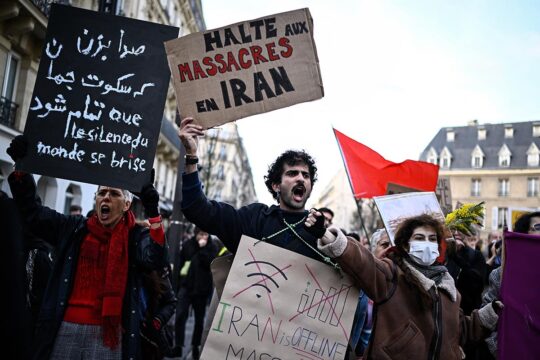To listen to the podcast, click on the "play" button below:
International Humanitarian Law is a set of rules which seek, for humanitarian reasons, to limit the effects of armed conflict, especially for those who are innocent bystanders of war.
Today we look at how these laws are being considered and applied during the current conflict between Israel and Hamas and the role of military lawyers on the ground.
A major part of International Humanitarian Law is contained in the Geneva Conventions of 1949. Nearly every State in the world has agreed to be bound by them. It applies not only to states, including Israel, but also non-state armed groups that are involved in conflict, including Hamas, even though they cannot formally ratify the treaties.
As you will hear in today’s episode, there can be widely contrasting views on the application of these laws, depending on how you analyse the fundamental basics on the ground, such as the occupation and each side’s military aims.
We speak to Adil Haque, Professor of Law at Rutgers University and is the author of the book Law and Morality at War. And to Ori Pomson, PHD candidate at Cambridge University, who has served with the IDF as an advisor on cyber affairs.
We also interviewed Margaret Satterthwaite, the United Nations Special Rapporteur on the independence of judges and lawyers.
 ASYMMETRICAL HAIRCUTS
ASYMMETRICAL HAIRCUTS
This podcast has been published as part of a partnership between JusticeInfo.net and Asymmetrical Haircuts, a podcast on international justice produced from The Hague by journalists Janet Anderson and Stephanie van den Berg, who retain full control and independence over the contents of the podcast.







